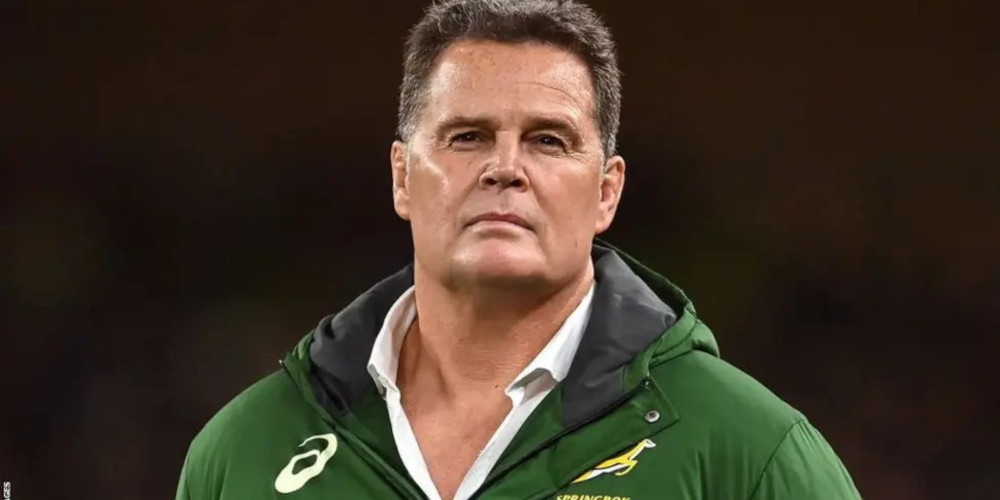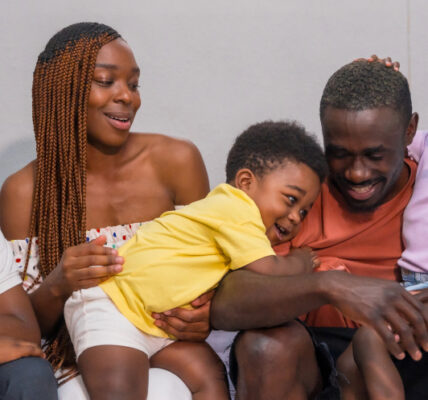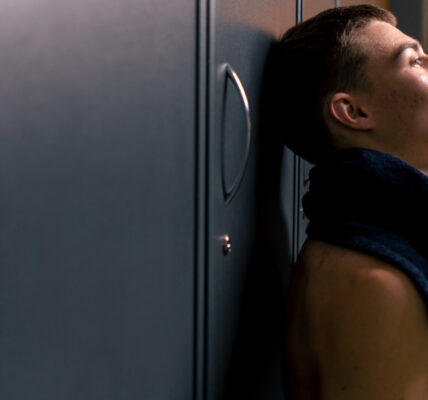There’s something uniquely South African about waiting for the Springbok team sheet to drop. Across living rooms, WhatsApp groups, and coffee shop corners from Bloem to Durban, people lean in. Some watch the press conference. Some wait for the news ticker. Others refresh their phones until the names appear, bold and official. And today, that familiar ritual delivered both comfort and something new.
Rassie Erasmus, Springbok head coach and the man who’s made a habit of blending steel with instinct, has named an entirely uncapped front row for this Saturday’s Test against Georgia. At the same time, Siya Kolisi returns as captain, a familiar face at the heart of a team that knows exactly what’s expected when they pull on that green and gold. For South African rugby fans, it’s the best kind of balance, something solid to hold onto, and something fresh to get curious about.
The uncapped trio, names that, outside of hardcore Currie Cup followers, might not ring immediate bells, are stepping into one of the toughest positions in international sport. Front row isn’t glamorous. It isn’t about speed and flash. It’s about collisions measured in kilograms, muscle memory, and quiet war. For a prop or a hooker in their first Test cap, it’s not just a match, it’s a trial by fire.
Erasmus knows that. Which is probably why, as he’s done before, he’s pairing this raw front row energy with the unshakable experience of Kolisi. The match against Georgia isn’t a headline grabber like a World Cup final or a Rugby Championship decider. But it matters. It’s a proving ground. A chance to see how the next generation holds its shape under pressure, while the older hands steer the rhythm. “We want to give the new guys a real taste of international rugby, but make sure we keep things structured,” Erasmus told media this week. That’s classic Rassie, plain words layered with intent.
Georgia as opposition isn’t the kind of team casual fans get overly worked up about. But anyone who’s followed Test rugby in recent years knows better than to underestimate them. Their forward pack is big. Heavy. Known for old-school scrummaging that would feel right at home in 1990s highlight reels. Exactly the kind of opponent who won’t make things easy for a fresh front row looking to prove themselves.
For Kolisi, stepping back into his leadership role after time off through injury management, it’s both business as usual and something deeper. Every time he runs out as captain, especially in a non-marquee game like this, it’s a reminder that leadership isn’t just about big moments. It’s about showing up in the quieter matches too, guiding rookies through their first anthem, their first scrum reset, their first big hit.
And make no mistake, South Africans will be watching. Across townships, suburbs, and small towns, there’s a rhythm to Springbok Test weeks. Biltong gets bought, braais get planned. Conversations shift from politics and petrol prices to lineouts and scrum technique. Everyone has an opinion, even those who only catch rugby once or twice a year.
What makes this weekend’s match a little different is that sense of quiet excitement around the new names on the sheet. There’s an understanding among local fans that Test caps aren’t handed out for free. If Rassie’s putting these boys on the field, it’s because they’ve earned it behind the scenes.
 It also speaks to the Springboks’ long-term thinking. South Africa’s success in rugby, especially post-2019 World Cup, hasn’t just been about sticking with the same faces. It’s been about layering. Building depth. Making sure there’s someone ready to step in, even when legends like Beast Mtawarira or Duane Vermeulen eventually hang up their boots. And while Kolisi is far from retiring, seeing him lead alongside new blood is a reminder that the baton is always being passed. That’s the beauty of South African rugby. It’s not about one era or one captain. It’s about the jersey. There’s also something fitting about this happening against Georgia, a team that shares a scrappy, physical rugby identity. No flash. No fuss. Just hard work in the middle of the park.
It also speaks to the Springboks’ long-term thinking. South Africa’s success in rugby, especially post-2019 World Cup, hasn’t just been about sticking with the same faces. It’s been about layering. Building depth. Making sure there’s someone ready to step in, even when legends like Beast Mtawarira or Duane Vermeulen eventually hang up their boots. And while Kolisi is far from retiring, seeing him lead alongside new blood is a reminder that the baton is always being passed. That’s the beauty of South African rugby. It’s not about one era or one captain. It’s about the jersey. There’s also something fitting about this happening against Georgia, a team that shares a scrappy, physical rugby identity. No flash. No fuss. Just hard work in the middle of the park.
As Saturday approaches, fans will start pulling out their old jerseys. Kids will grab rugby balls from garages and kick them around in backyards. Conversations will start about the new front row, Who’s the strongest scrummager? Who’s likely to crack under pressure? Who’ll surprise everyone and make their name in just eighty minutes? And through all of that, there’s the anthem. Nkosi Sikelel’ iAfrika rising up over stadium speakers, from televisions, from radios left on in the corner of a shebeen or a kitchen. Old voices singing along. New ones learning the words.
That’s what this match really is. The new and the known, side by side. Uncapped players pulling on jerseys stitched with history. Siya Kolisi, the captain who’s already made history, stepping out again to show them how it’s done. South Africa loves its rugby because it feels like life: always moving forward, always carrying weight, always finding ways to bring new faces into the fold.
This Saturday, it won’t be about showboating. It’ll be about scrums, sweat, and a whistle at kick-off. New blood. Same anthem. And, as always, the country watching.




